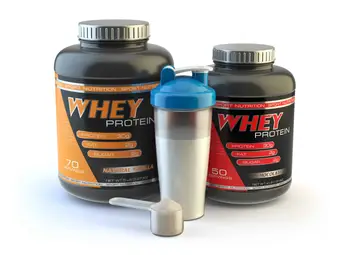10 Best Indian Foods Rich In Folic Acid
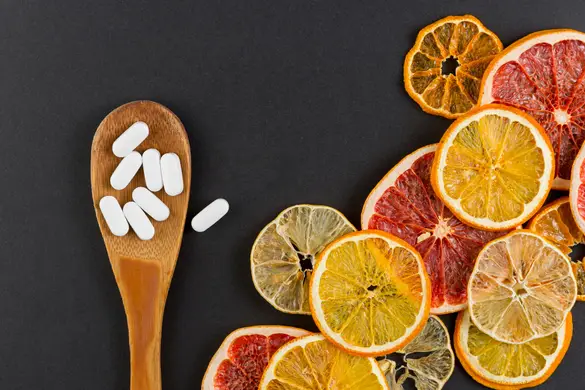
10 Best Indian Foods Rich In Folic Acid
Posted on 5th May, 2023
Folic acid, also known as folate, is a B vitamin that is essential for the growth and development of new cells in the body. It's particularly important for pregnant women, as it can help prevent birth defects of the baby's brain and spine. Here are 10 Indian foods that are rich in folic acid:
- Lentils: Lentils are a good source of folic acid, with one cup of cooked lentils providing approximately 358 micrograms (mcg) of folate.
- Spinach: Spinach is a nutrient-dense vegetable that is high in folate, with one cup of cooked spinach providing approximately 263 mcg of folate.
- Broccoli: Broccoli is another nutrient-dense vegetable that is rich in folic acid, with one cup of cooked broccoli providing approximately 104 mcg of folate.
- Okra: Okra, also known as lady's finger, is a popular vegetable in Indian cuisine that is rich in folic acid, with one cup of cooked okra providing approximately 37 mcg of folate.
- Beets: Beets are a good source of folic acid, with one cup of cooked beets providing approximately 136 mcg of folate.
- Papaya: Papaya is a tropical fruit that is high in folate, with one medium-sized papaya providing approximately 115 mcg of folate.
- Oranges: Oranges are a good source of folate, with one medium-sized orange providing approximately 40 mcg of folate.
- Avocado: Avocado is a nutrient-dense fruit that is high in folate, with one medium-sized avocado providing approximately 121 mcg of folate.
- Paneer: Paneer, a type of Indian cheese, is a good source of folic acid, with one cup of paneer providing approximately 55 mcg of folate.
- Fortified cereals: Some cereals are fortified with folic acid, providing an easy way to increase your intake of this important nutrient.
Benefits
Here are some of the key benefits of folic acid:
- Supports fetal development: Folic acid is crucial for the development of a healthy fetus, and is particularly important in the early stages of pregnancy. Adequate folic acid intake can help prevent birth defects of the baby's brain and spine.
- Reduces the risk of heart disease: Folic acid can help reduce the risk of heart disease by lowering levels of homocysteine, an amino acid that can damage blood vessels.
- Supports cognitive function: Folic acid plays a role in cognitive function and may help prevent cognitive decline in older adults.
- Boosts mood: Folic acid has been shown to play a role in serotonin production, which can help boost mood and reduce symptoms of depression.
- Supports a healthy pregnancy: In addition to supporting fetal development, folic acid may also help reduce the risk of preterm birth, preeclampsia, and other pregnancy complications.
- Supports red blood cell production: Folic acid is essential for the production of red blood cells, which carry oxygen throughout the body.
- Reduces the risk of certain cancers: Folic acid may help reduce the risk of certain cancers, including colon, breast, and pancreatic cancer.
By incorporating folic acid-rich foods into your diet, such as lentils, spinach, and broccoli, you can support overall health and wellbeing. It's important to speak with a healthcare provider before starting any supplement regimen, especially if you're pregnant or have any underlying medical conditions.
Dosage
The recommended daily intake of folic acid varies depending on age, gender, and other factors. Here are the general guidelines:
- Infants: 65-80 mcg/day
- Children 1-3 years: 150 mcg/day
- Children 4-8 years: 200 mcg/day
- Children 9-13 years: 300 mcg/day
- Adolescents 14-18 years: 400 mcg/day
- Adults 19 years and older: 400 mcg/day
- Pregnant women: 600-800 mcg/day
- Breastfeeding women: 500-600 mcg/day
It's important to note that some individuals may require higher doses of folic acid, such as those with certain medical conditions. Your healthcare provider can help determine the appropriate dosage for your individual needs. It's also important to speak with your healthcare provider before starting any supplement regimen, especially if you're pregnant or have any underlying medical conditions.
Conclusion
Folic acid, also known as folate, is an essential B vitamin that offers a wide range of health benefits, including supporting fetal development, reducing the risk of heart disease, boosting mood, supporting red blood cell production, and reducing the risk of certain cancers. By incorporating folic acid-rich foods into your diet, such as lentils, spinach, and broccoli, you can support overall health and wellbeing. It's important to speak with a healthcare provider before starting any supplement regimen, especially if you're pregnant or have any underlying medical conditions, to determine the appropriate dosage for your individual needs.

Health articles from our experts
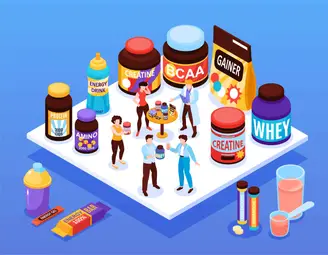
List of Top 10 Bodybuilding Supplements For Muscle Gains

List of 15 Best Gut-Friendly Foods

Top Six Indian Recipes for Weight Loss

A Comprehensive Guide On How To Gain Weight Quickly

Muscle-Building Routine and Supplements for Maximum Gains

A Guide with Simple Tips To Follow For Weight Loss
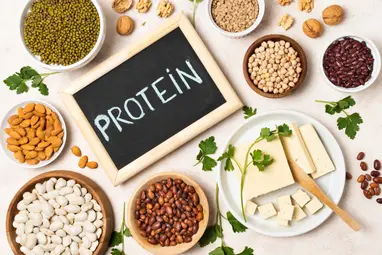
Top 10 Foods That Are High in Protein

5 Best Whey Protein Powders in India
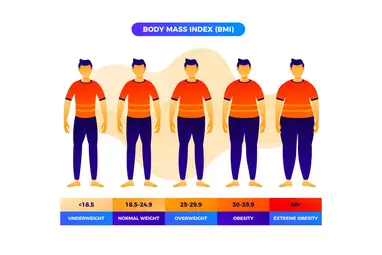
Understanding BMI: The Key to Weight-Health Connection
